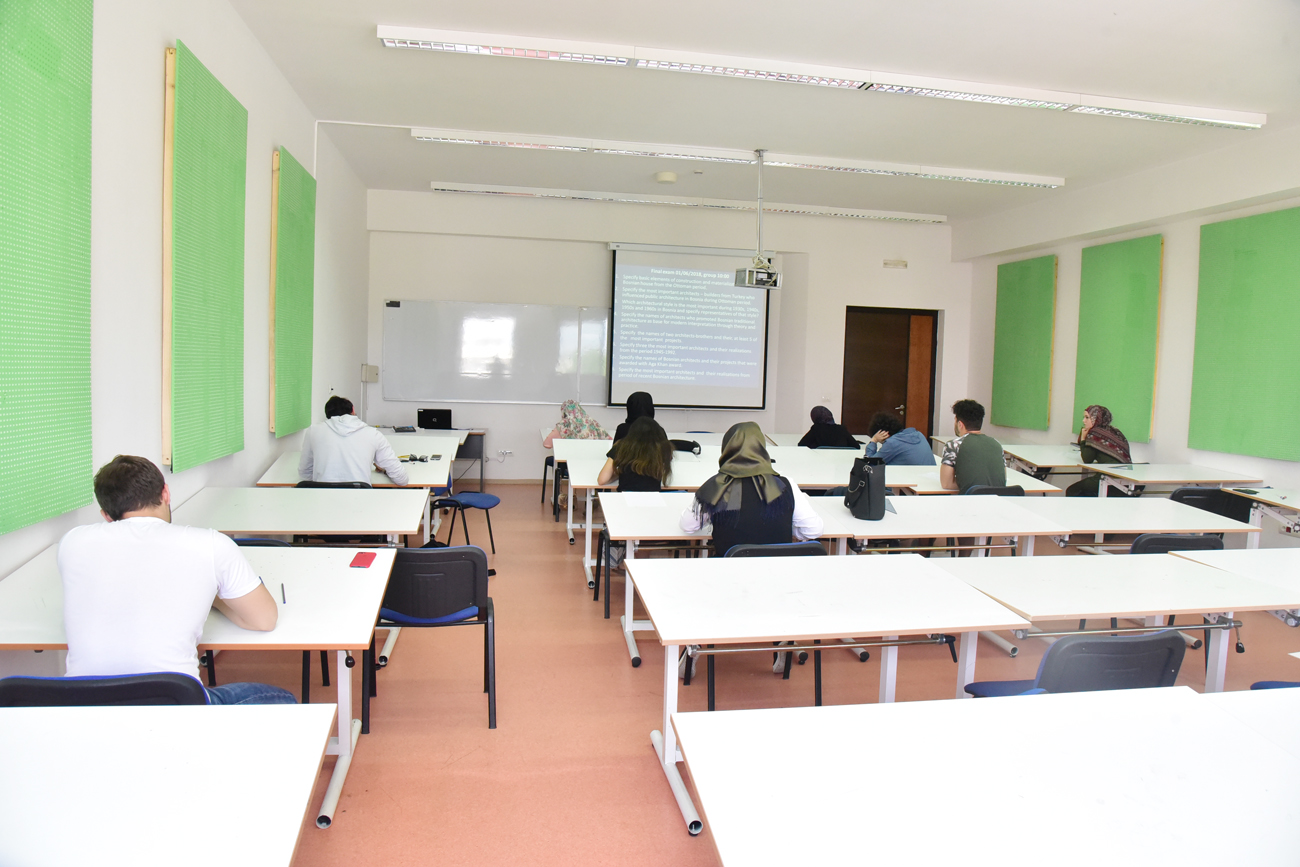📍Sarajevo, Bosnia – Herzegovina
➡️ N. participants: 8 – 12
➡️ Education Sector: VET, Higher Education
➡️ Macro Topics: Universal Design for Learning (UDL), Importance of Social-Emotional Learning (SEL), Culturally Responsive Teaching (CRT), Project Based Learning (PBL), Classroom Management Inclusive education, Assessment strategies, Technology Enhanced Teaching, Incorporating AI into teaching and assessment, Peer Observation and Self-Reflection of Your Teaching (Peer Coaching), Fostering a Positive Learning Experience, Educational Sustainable Development (ESD)
📌 Mobility Type: Job Shadowing
🗓 5-days Mobility dates
- 13 – 17 October 2025
- 3 – 7 November 2025
- 10 – 14 November 2025
- 12 – 16 January 2026
- 23 – 27 March 2026
- 20 – 24 April 2026
- 18 – 22 May 2026
- 15 – 19 June 2026
🗓 7-days Mobility dates
- 13 – 19 October 2025
- 3 – 9 November 2025
- 9 –15 November 2025
- 11 – 17 January 2026
- 22 – 28 March 2026
- 19 – 25 April 2026
- 17 – 23 May 2026
- 14 – 20 June 2026








